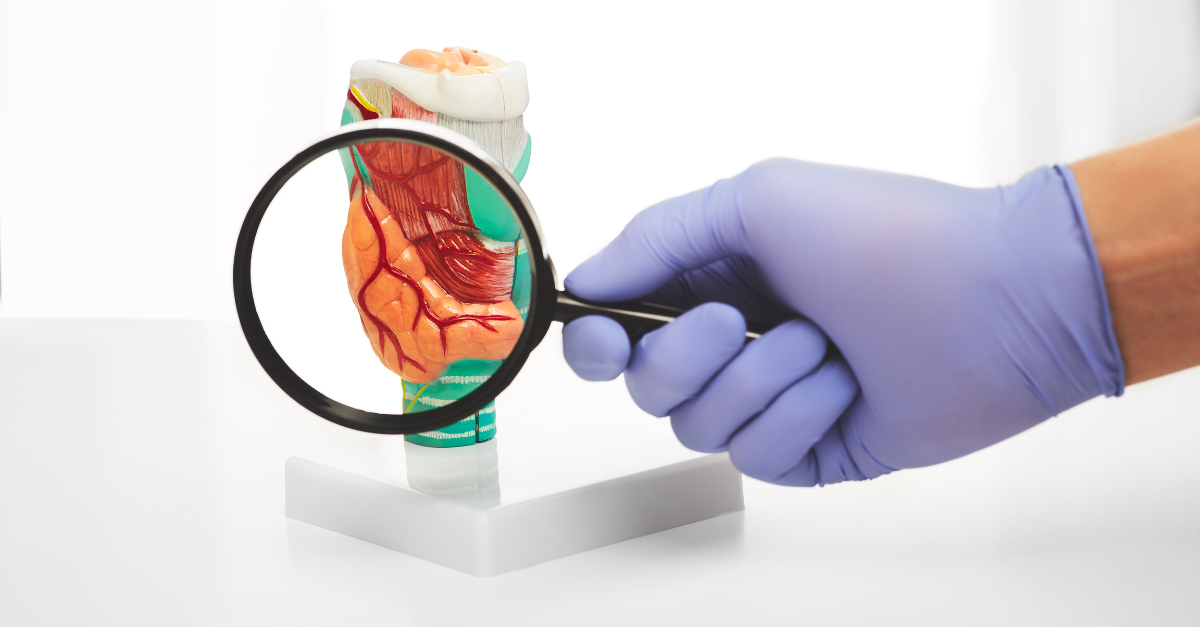Autoimmune diseases affect millions of people worldwide, disrupting the body’s ability to differentiate its own healthy tissues from foreign invaders. These conditions occur when the immune system mistakenly attacks the body, leading to inflammation, organ dysfunction, and various complications. With over 80 different autoimmune disorders identified, understanding these diseases is crucial for prevention, management, and treatment. In this blog, we explore the causes of autoimmune diseases, their potential impact, and revolutionary therapies like those offered by PCT Panama using stem cells.
What Are Autoimmune Diseases?
Autoimmune diseases arise from an overactive immune response, where the immune system attacks the body instead of defending it. This can affect any part of the body, including the skin, joints, muscles, and organs. There is an autoimmune disease list that includes a wide variety of conditions, ranging in severity and symptoms.
Autoimmune Disease List A-Z
Some common autoimmune diseases include:
-
Rheumatoid Arthritis (RA)
-
Lupus (SLE)
-
Multiple Sclerosis (MS)
-
Type 1 Diabetes
-
Psoriasis
-
Inflammatory Bowel Disease (IBD)
-
Celiac Disease
For a more comprehensive autoimmune disease list, visit trusted medical resources or learn more on PCT Panama.
What Are the 7 Most Common Autoimmune Diseases?
From the wide autoimmune disease list, seven prevalent and impactful conditions include:
-
Lupus (SLE) – A systemic disease affecting organs, joints, and skin.
-
Rheumatoid Arthritis (RA) – Causes inflammation and deformities in joints.
-
Multiple Sclerosis (MS) – Affects the nervous system and can lead to paralysis.
-
Type 1 Diabetes – Destroys insulin-producing cells in the pancreas.
-
Psoriasis – Causes itchy, scaly skin patches.
-
Hashimoto’s Thyroiditis – Leads to hypothyroidism due to thyroid inflammation.
-
Inflammatory Bowel Disease (IBD) – Causes chronic inflammation in the digestive tract.
What Triggers Autoimmune Diseases?
A combination of genetic, environmental, and lifestyle factors can trigger autoimmune diseases:
-
Genetics: Family history of autoimmune diseases increases risk.
-
Environmental Factors: Viral infections, pollution, and exposure to certain toxins can initiate immune system dysregulation.
-
Lifestyle Habits: High-stress levels, poor diet, and lack of exercise can contribute to disease onset.
While it’s difficult to pinpoint exact triggers, understanding these risk factors can guide prevention strategies.
Can Autoimmune Diseases Be Fatal?
The question “Can autoimmune disease kill you?” is complex. While many autoimmune diseases are manageable with medication and therapy, there is a list of fatal autoimmune diseases that can lead to life-threatening complications if left untreated. These include:
-
Systemic Lupus Erythematosus (SLE) – Can cause kidney failure and cardiovascular issues.
-
Multiple Sclerosis (MS) – Severe cases might lead to respiratory failure.
-
Type 1 Diabetes – Can result in diabetic ketoacidosis or organ failure.
Timely diagnosis, prevention, and treatment are crucial for reducing the mortality associated with autoimmune diseases.
How to Prevent Autoimmune Diseases
While autoimmune diseases cannot always be prevented due to genetic predisposition, certain lifestyle changes can reduce your risk:
-
Adopt Anti-Inflammatory Diets: Incorporate foods rich in omega-3, antioxidants, and vitamins.
-
Exercise Regularly: Helps regulate immune function and reduce inflammation.
-
Manage Stress Levels: Chronic stress can exacerbate immune responses.
-
Avoid Toxins: Limit exposure to harmful chemicals and environmental pollutants.
Emerging Treatments: Stem Cell Therapy for Autoimmune Diseases
Stem cell therapy is revolutionizing the way autoimmune diseases are treated. Using regenerative cells, this innovative approach targets immune system dysfunction and promotes tissue repair. At PCT Panama, cutting-edge stem cell therapies are tailored for patients with autoimmune diseases, offering new hope for both symptom management and long-term recovery.


